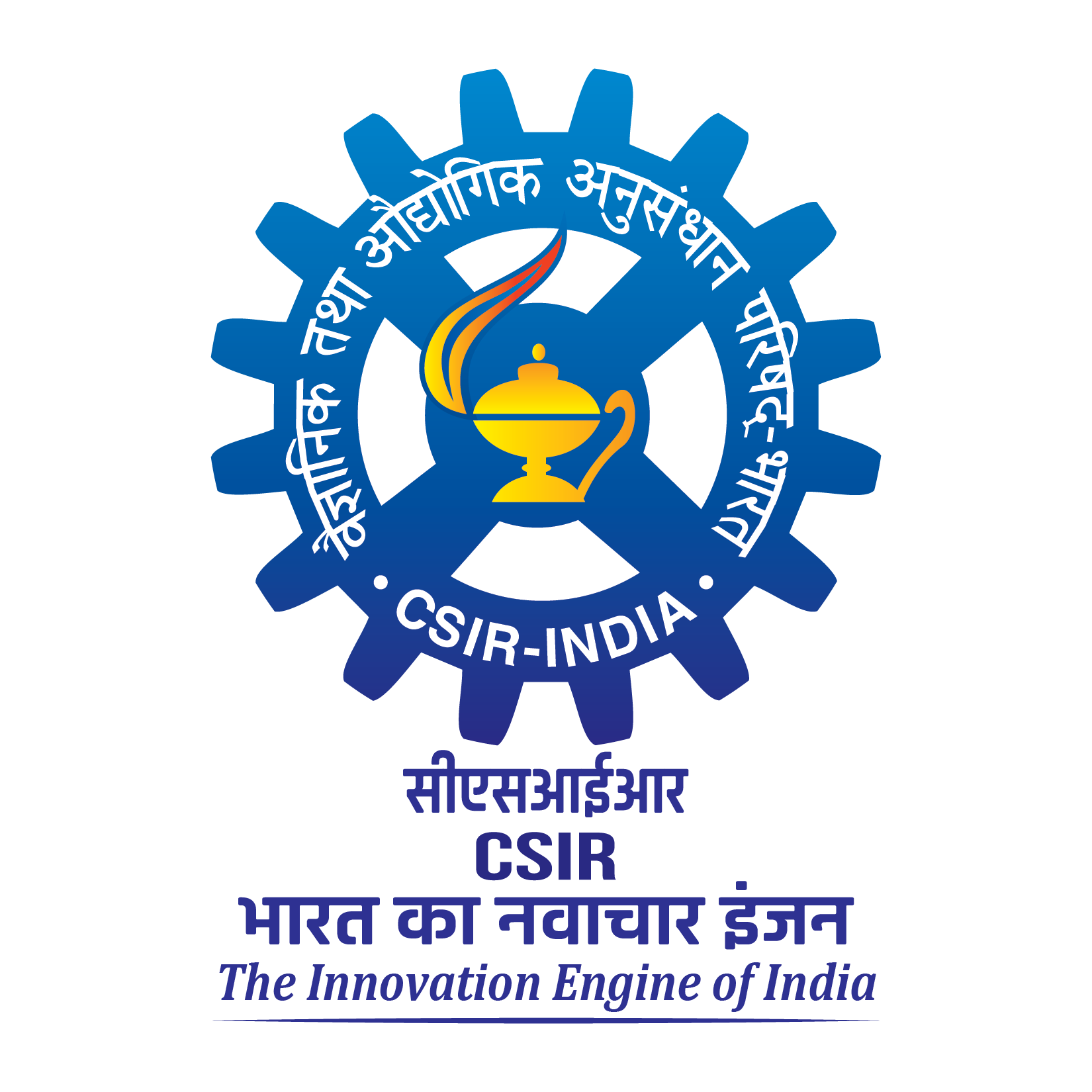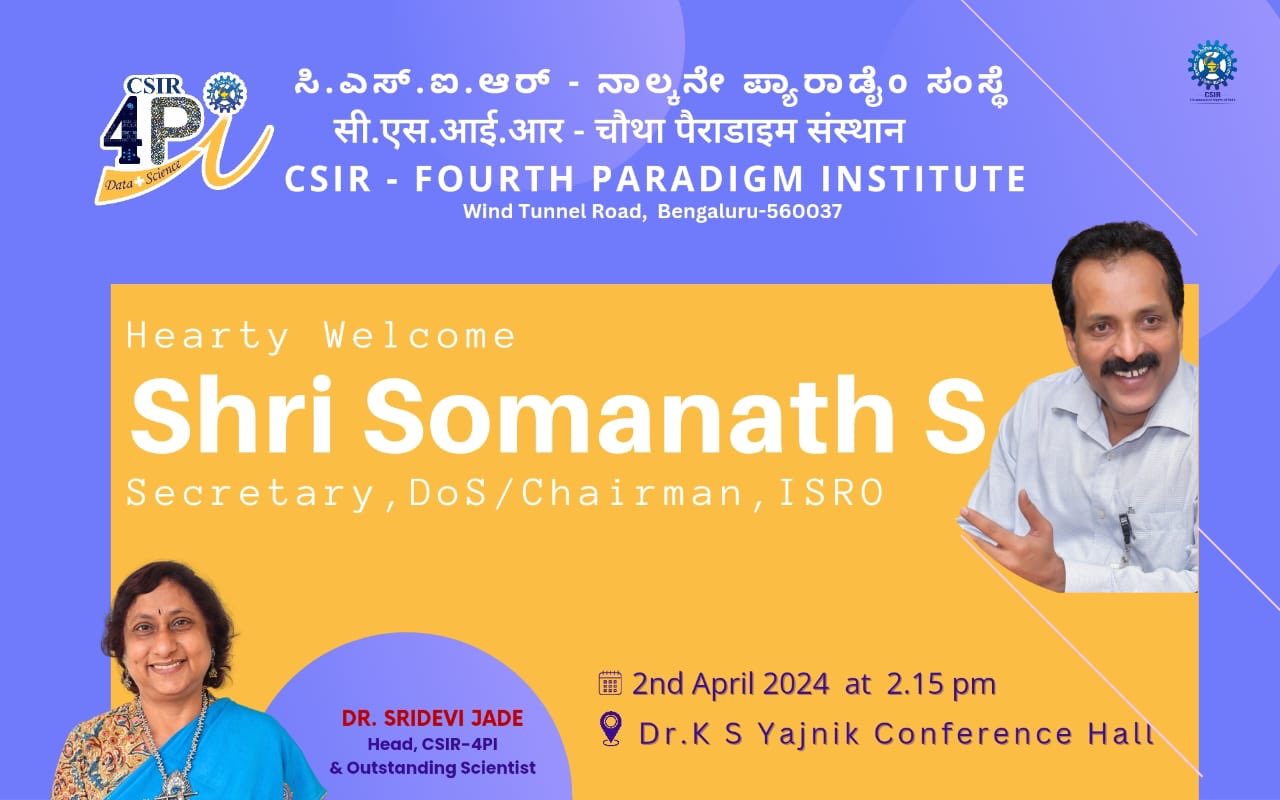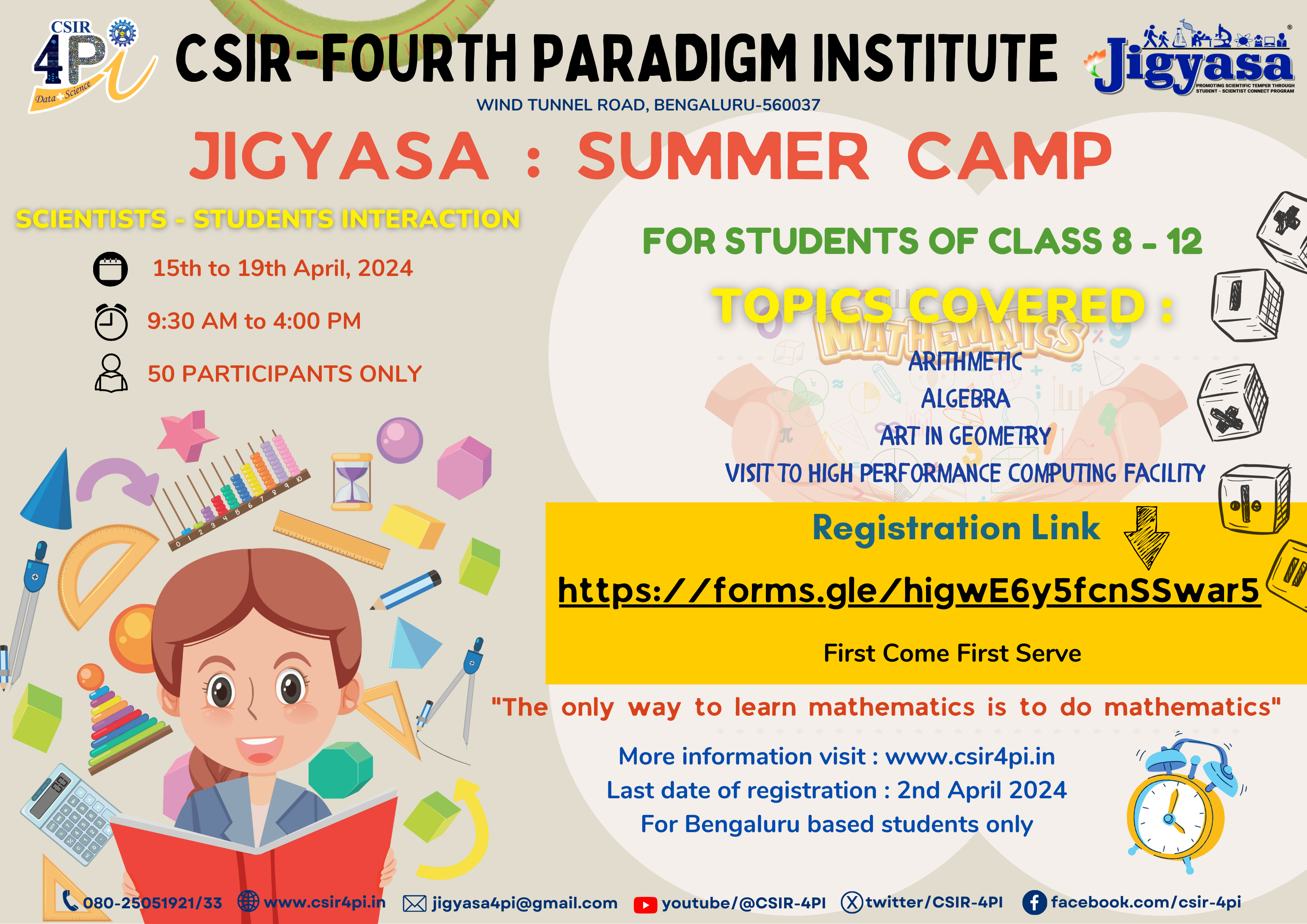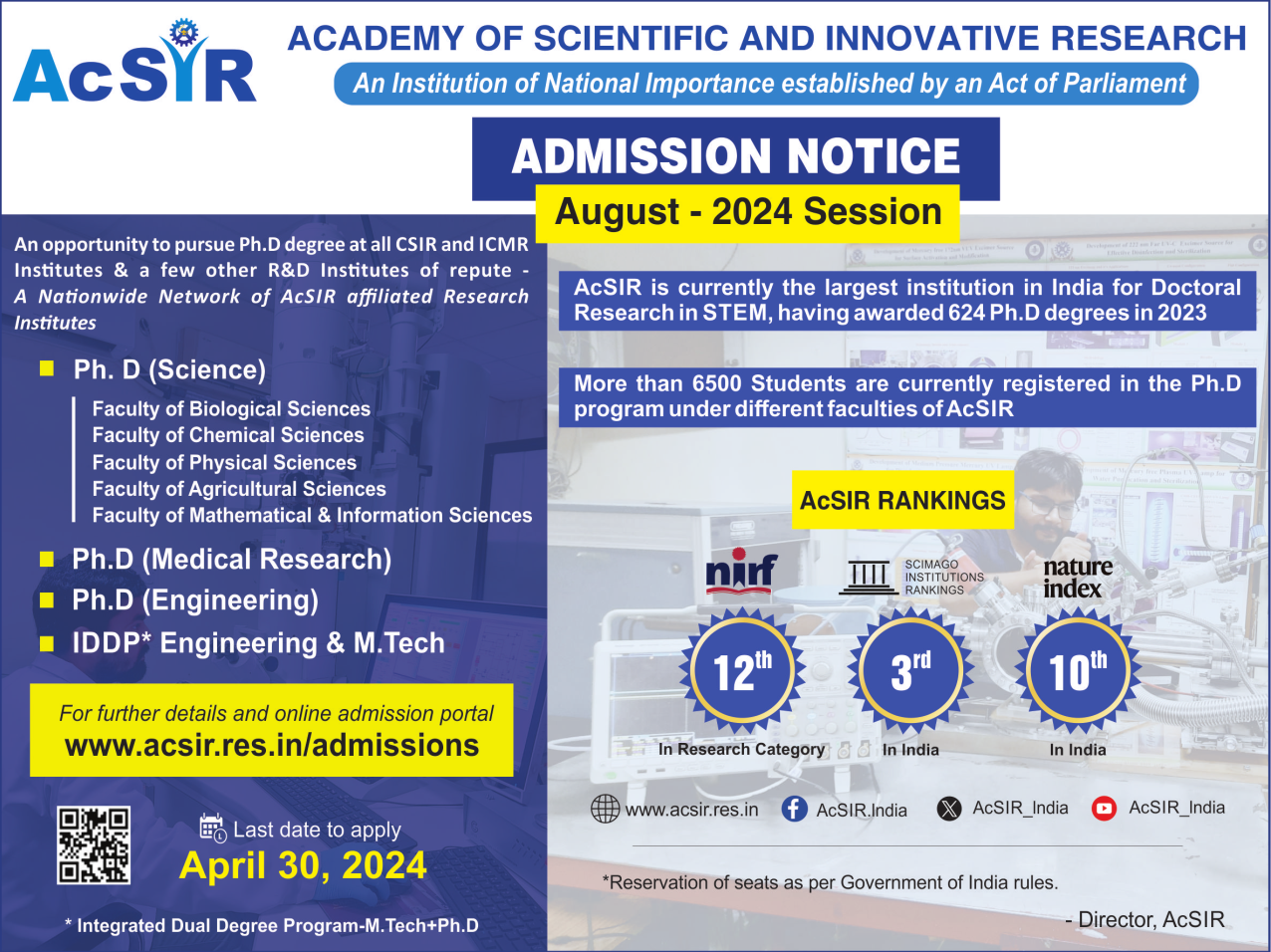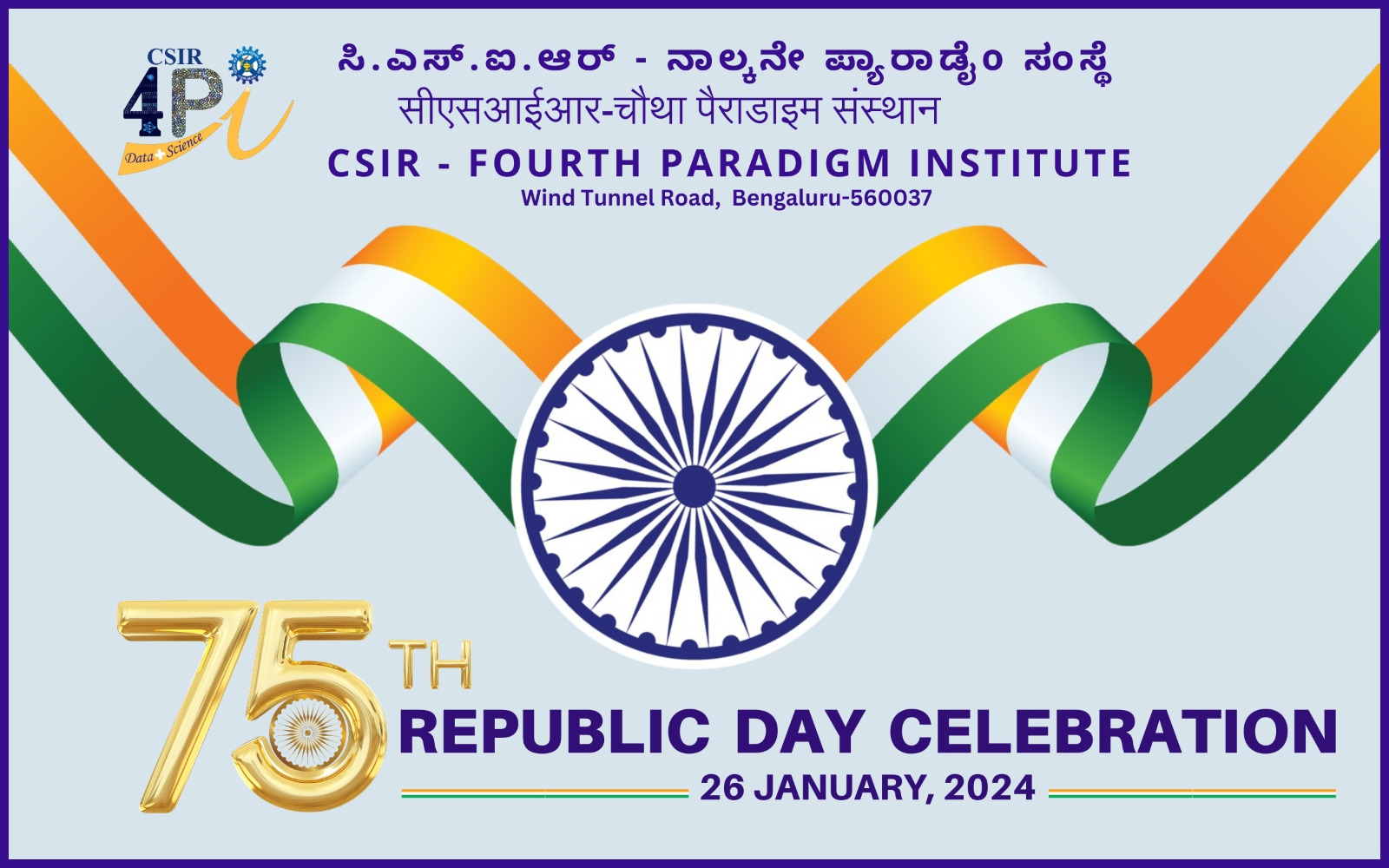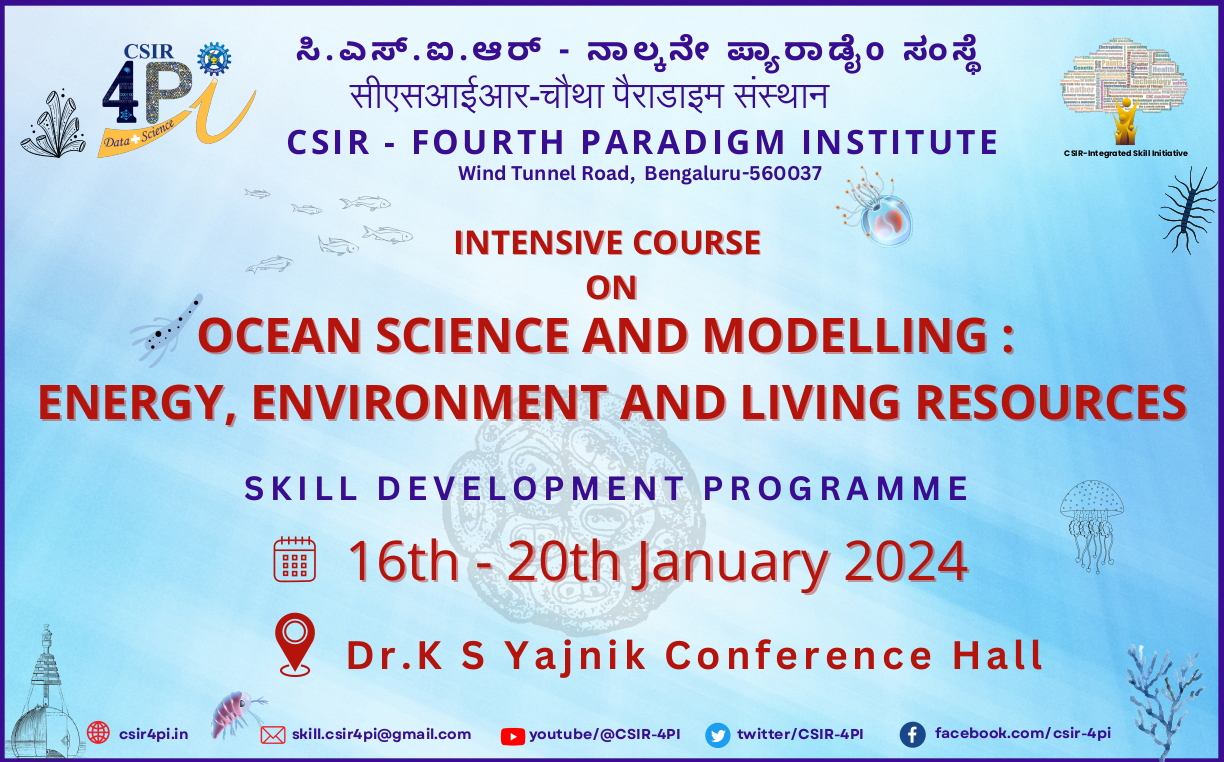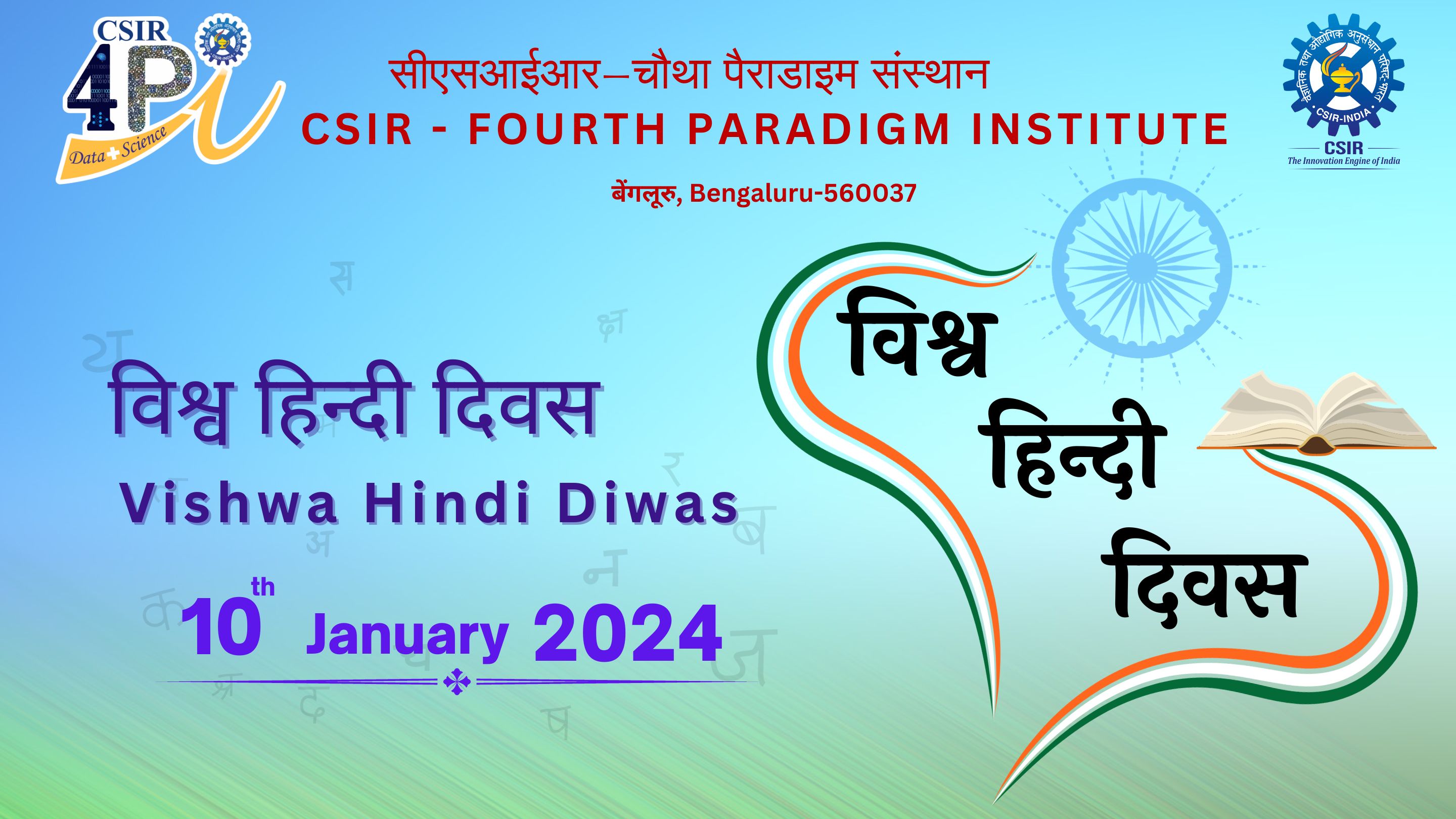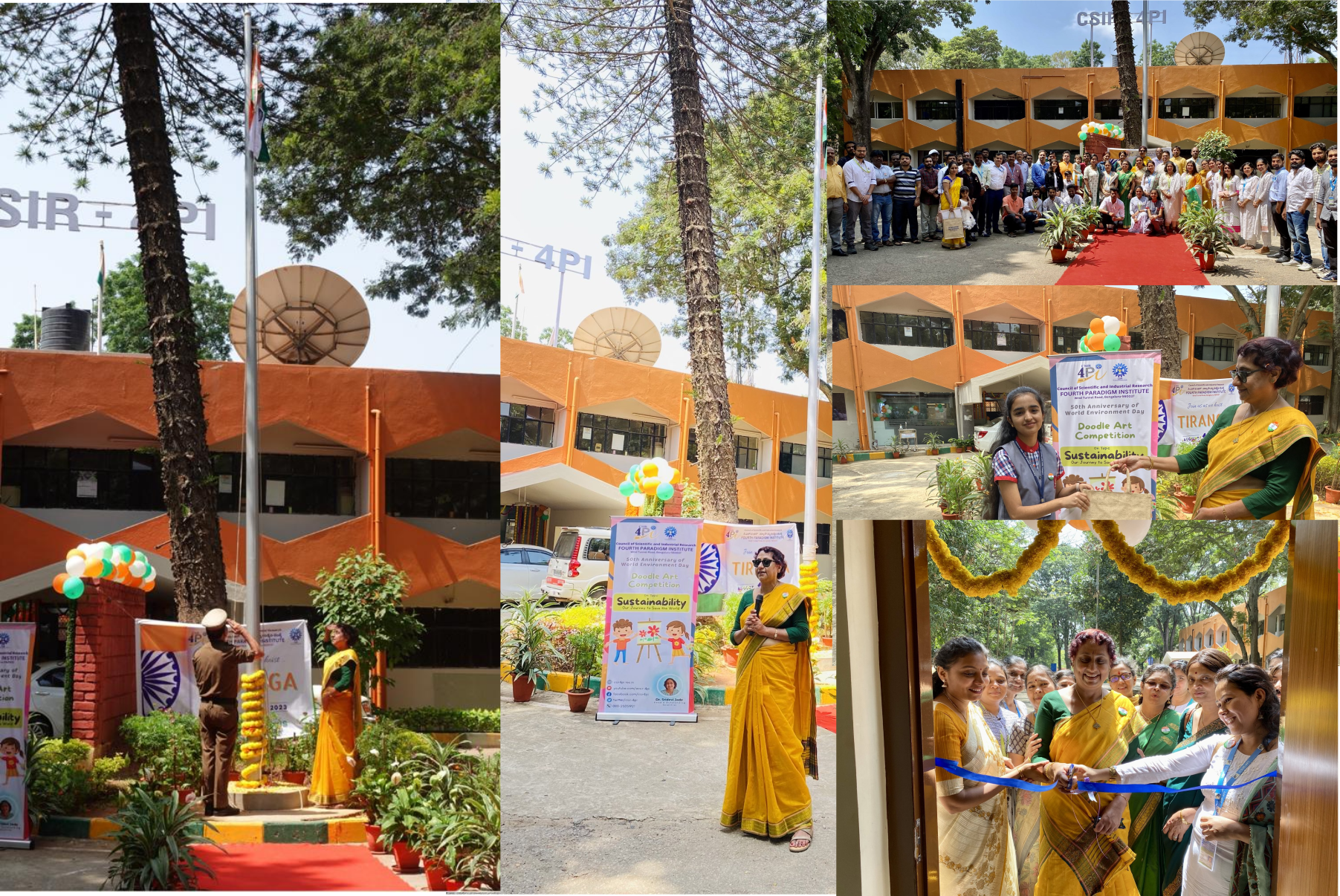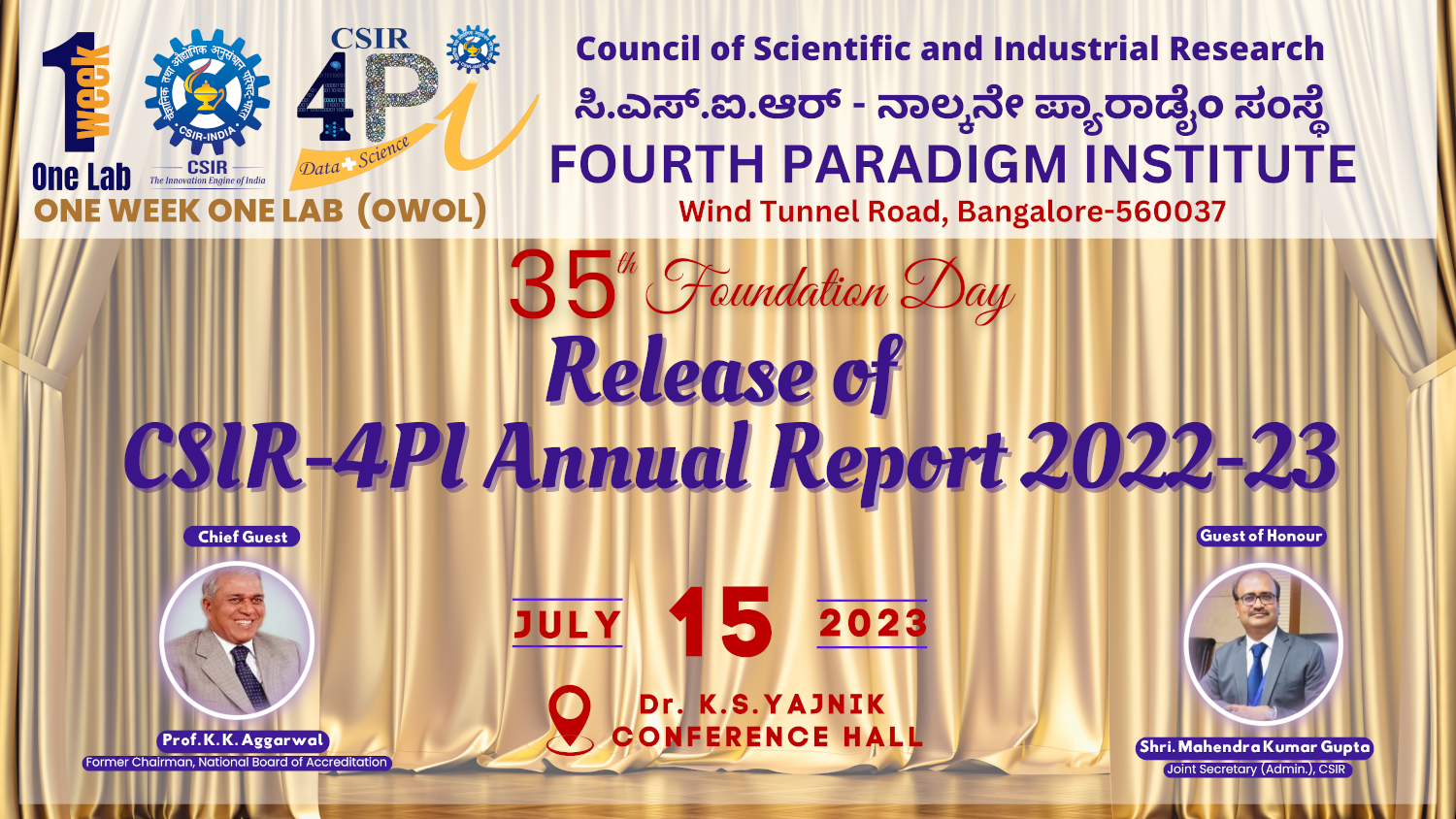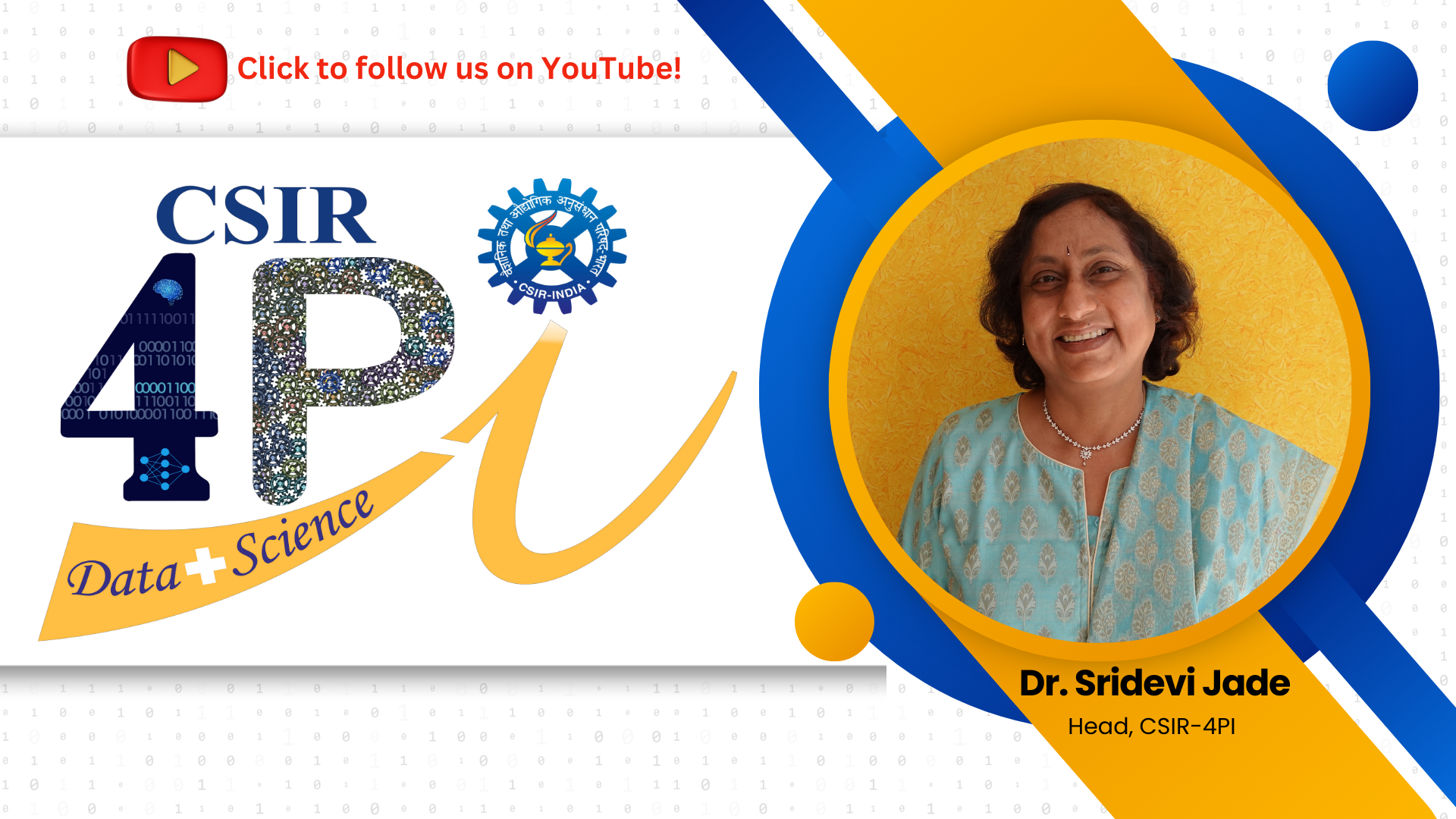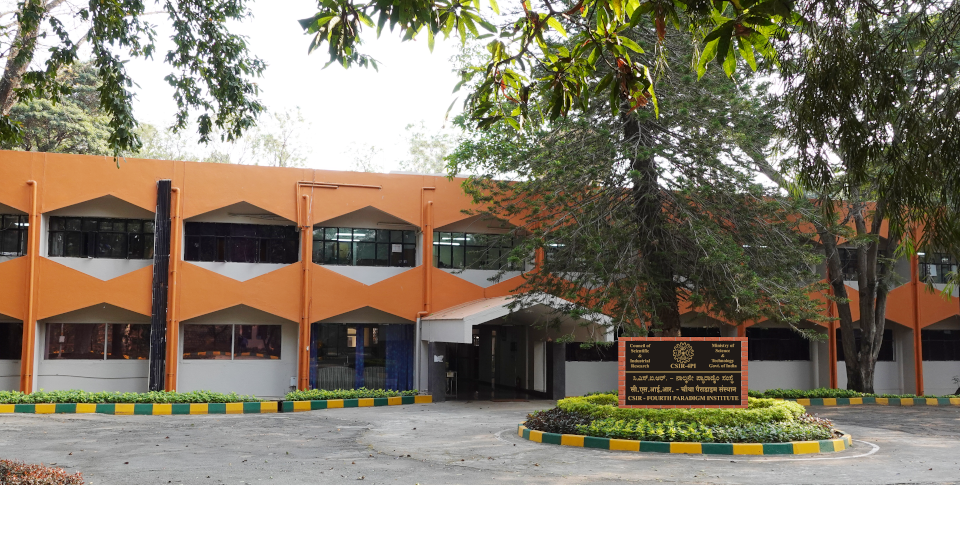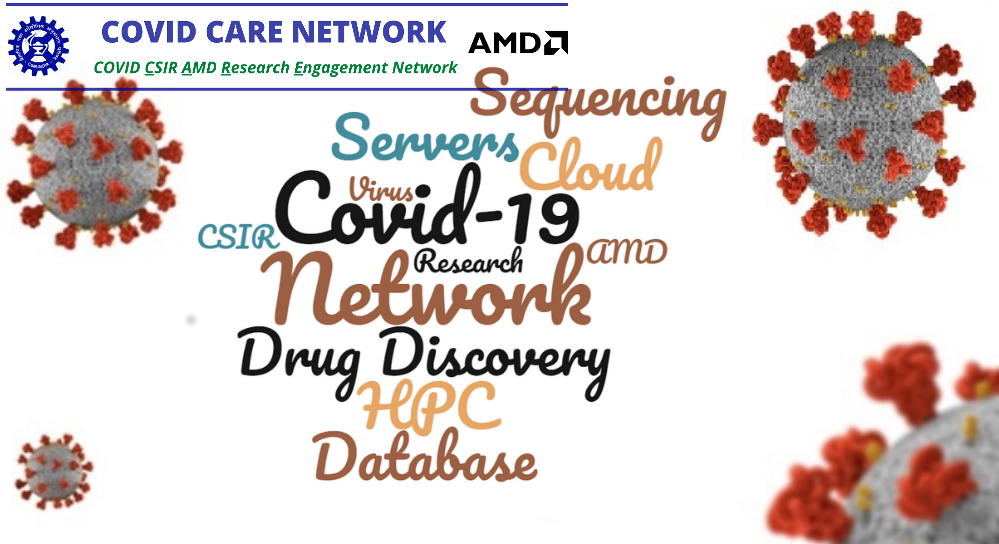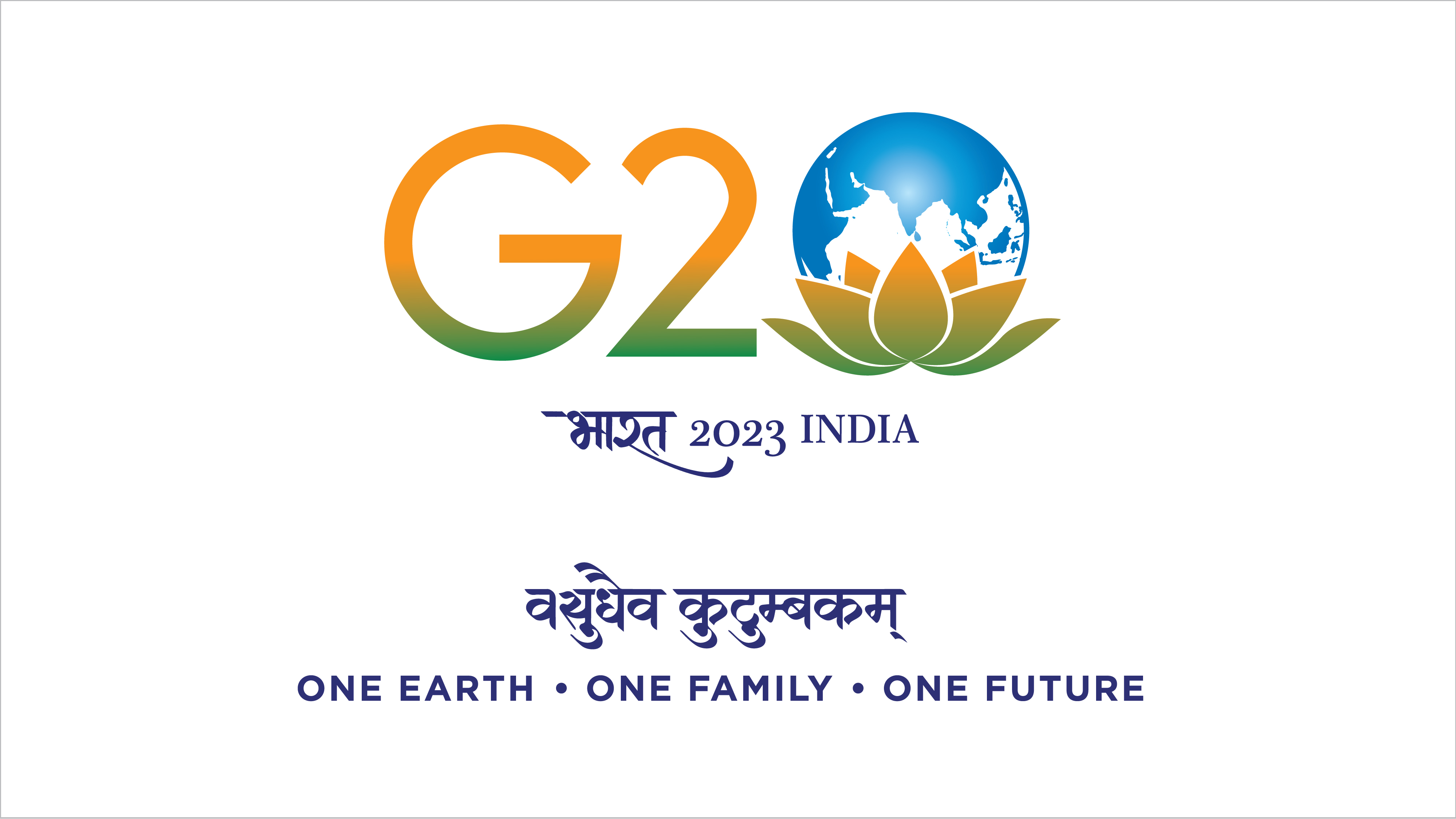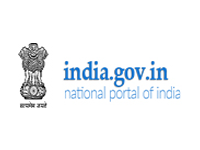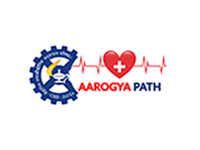by Priya Singh, Yogendra Bhaskar, Pulkit Verma, Shweta Rana, Prabudh Goel, Sujeet Kumar, Krushna Chandra Gouda, Harpreet Singh
Background: The emergence of coronavirus disease (COVID-19) as a global pandemic has resulted in the loss of many lives and a significant decline in global economic losses. Thus, for a large country like India, there is a need to comprehend the dynamics of COVID-19 in a clustered way.
Objective: To evaluate the clinical characteristics of patients with COVID-19 according to age, gender, and preexisting comorbidity. Patients with COVID-19 were categorized according to comorbidity, and the data over a 2-year period (1 January 2020 to 31 January 2022) were considered to analyze the impact of comorbidity on severe COVID-19 outcomes.
Methods: For different age/gender groups, the distribution of COVID-19 positive, hospitalized, and mortality cases was estimated. The impact of comorbidity was assessed by computing incidence rate (IR), odds ratio (OR), and proportion analysis.
Results: The results indicated that COVID-19 caused an exponential growth in mortality. In patients over the age of 50, the mortality rate was found to be very high, ~80%. Moreover, based on the estimation of OR, it can be inferred that age and various preexisting comorbidities were found to be predictors of severe COVID-19 outcomes. The strongest risk factors for COVID-19 mortality were preexisting comorbidities like diabetes (OR: 2.39; 95% confidence interval (CI): 2.31–2.47; p < 0.0001), hypertension (OR: 2.31; 95% CI: 2.23–2.39; p < 0.0001), and heart disease (OR: 2.19; 95% CI: 2.08–2.30; p < 0.0001). The proportion of fatal cases among patients positive for COVID-19 increased with the number of comorbidities.
Conclusion: This study concluded that elderly patients with preexisting comorbidities were at an increased risk of COVID-19 mortality. Patients in the elderly age group with underlying medical conditions are recommended for preventive medical care or medical resources and vaccination against COVID-19.
